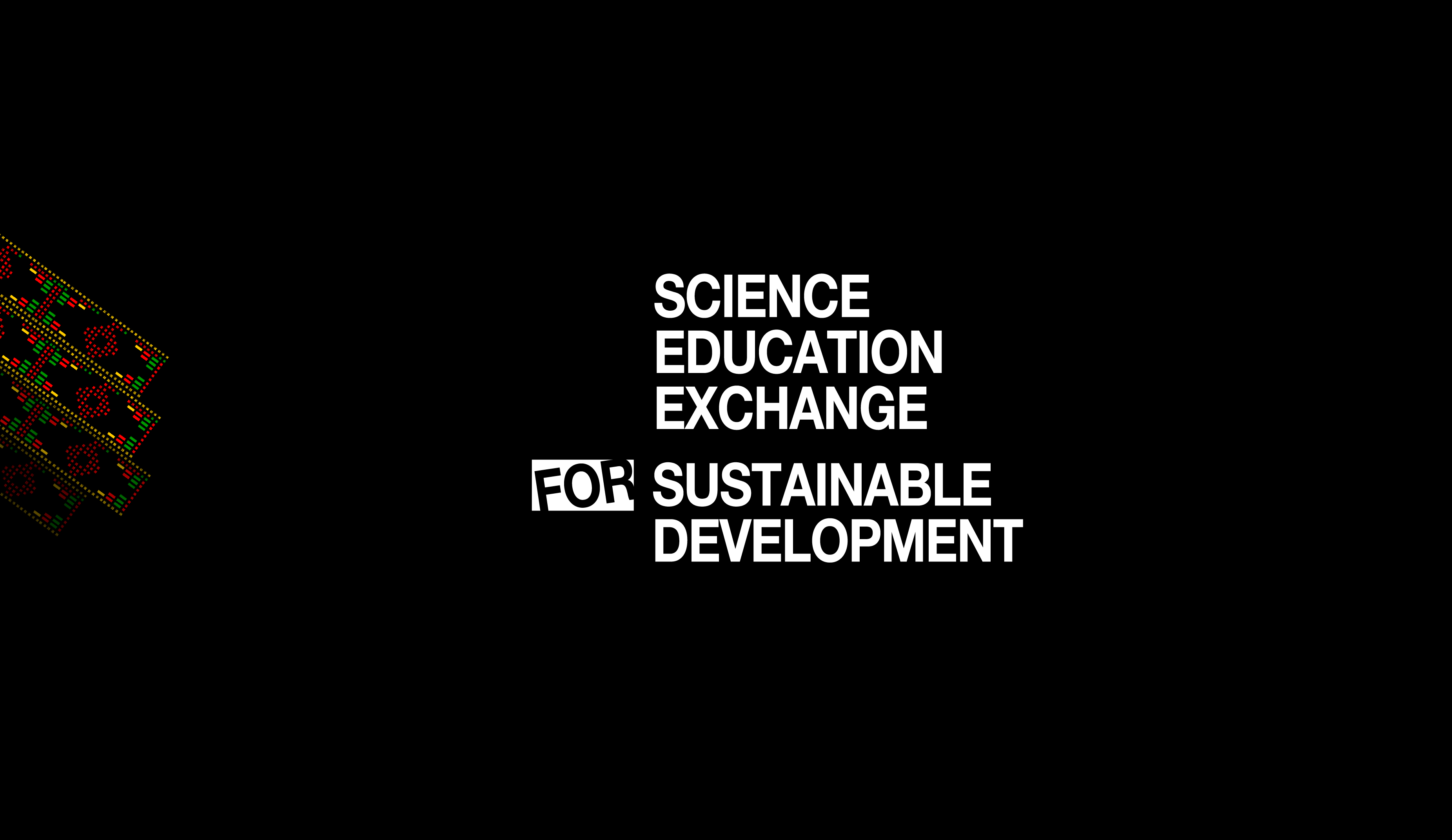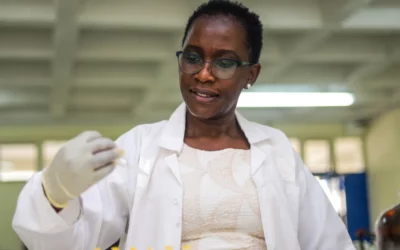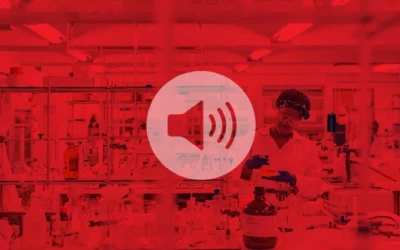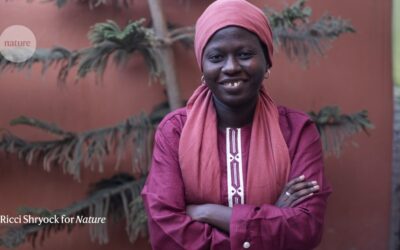By DHR for E-voluntas
Levels of social inclusion in the use of Open Educational Resources
Creation and self-organization of resources
SeeSD (Science Education Exchange of Sustainable Development) is a project that promotes the participation of regional and local institutions in Senegal for the design, access and use of open resources in science, technology, engineering and mathematics for basic education. Its objective is to bridge the gap between the curriculum designed in the country’s basic education centers and scientific literacy in primary and secondary students. The project has three basic components:
-
- Firstly, it includes the design and inclusion in the educational system of practice-based interactive resources for teaching scientific content. For this, schools are offered resources for their adaptation and inclusion in the academic curriculum of the center and training for teachers to modify and improve their teaching strategies with students.
- Secondly, they offer conferences and workshops in which the most relevant aspects of the application of science, technology and engineering content in basic education are discussed. These spaces generate opportunities to create collaboration and exchange networks between teachers, students, professionals and scientists about the creation and development of open educational content in primary and secondary education.
- Finally, an online teaching platform based on MOOCs has been developed , called Afreecademy . The contents of this platform have been created by the project participants themselves, with the collaboration of teachers and students from the schools involved.
The development of OER has sometimes had the handicap of starting from a Western perspective of education and of being generated from universities and educational institutions located in Western countries. This has forced entities and organizations from third countries to dedicate resources to the not always successful adaptation of these contents, incorporating changes to adjust them to their values and cultural characteristics. Faced with this, various organizations have promoted the creation of resources from local contexts.. In this sense, a relevant contribution of the OERs has been the promotion of collaborative learning and the production of knowledge by the participants themselves in the teaching and learning process. Although the adaptation and reuse of the contents are at the base of the conception of OER, the ultimate goal is the autonomous management of the educational process by its protagonists. In this way, it becomes a process of production and organization of knowledge by all the agents involved. In a certain way, it supposes a blurring of the border between the teacher and the student , which translates into eliminating the border between the producers and the consumers of educational content.
Participation in the creation and modification of OER can also generate empowerment dynamics, by taking control, autonomy and management of these resources . For example, students can put the acquired skills into play and adopt a critical spirit towards their own learning process, generating new resources (eg, case studies) or proposing changes and modifications to existing educational content. On the other hand, teachers can get involved in strategies related to the adoption of didactic innovations or the incorporation of research results into educational content.
The creation of open educational content can also be an opportunity to disseminate one’s own perspective of reality and knowledge . This can be an opportunity for marginalized or excluded communities that need to value their own history and culture or reaffirm certain values and principles that underlie the dynamics of creating identity and a sense of community. For example, the An-Najah University in Palestine , has created the MOOC ” Discover Palestine “, whose objective is the dissemination of the history and culture of Palestine. In this case, it is an internationalization initiative, to raise awareness, expand the sphere of influence and reinforce the Palestinian identity., which makes use of open educational resources through their adaptation, reuse and localization.
By E-voluntas






